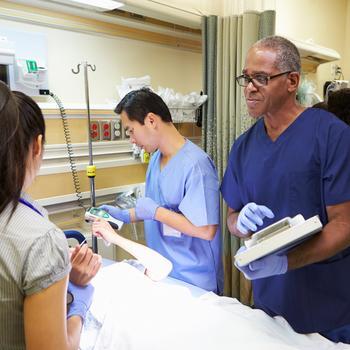How Lippincott Solutions supports nurse leaders
In today’s challenging environment, nurse leaders must balance quality and cost priorities with the realities of improving nursing staff engagement, navigating turnover and shortages, and building the nursing workforce of the future. Lippincott helps drive key performance indicators by improving quality metrics, standardize policies and procedures, and ensure survey readiness.




